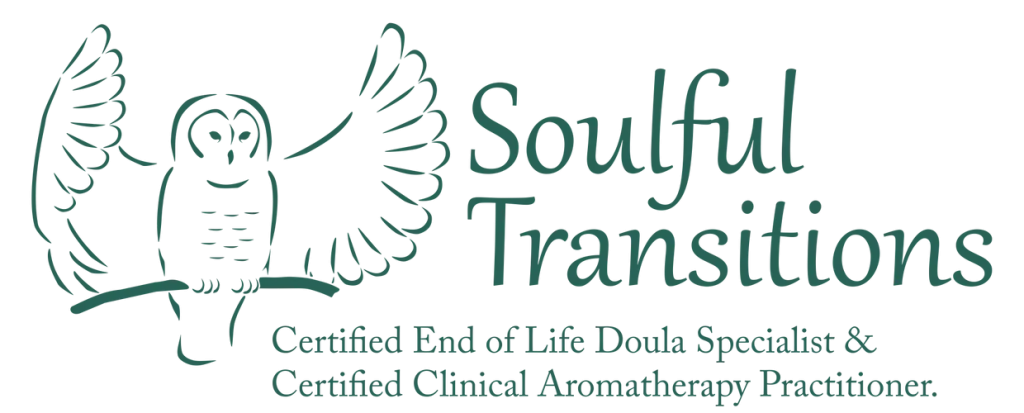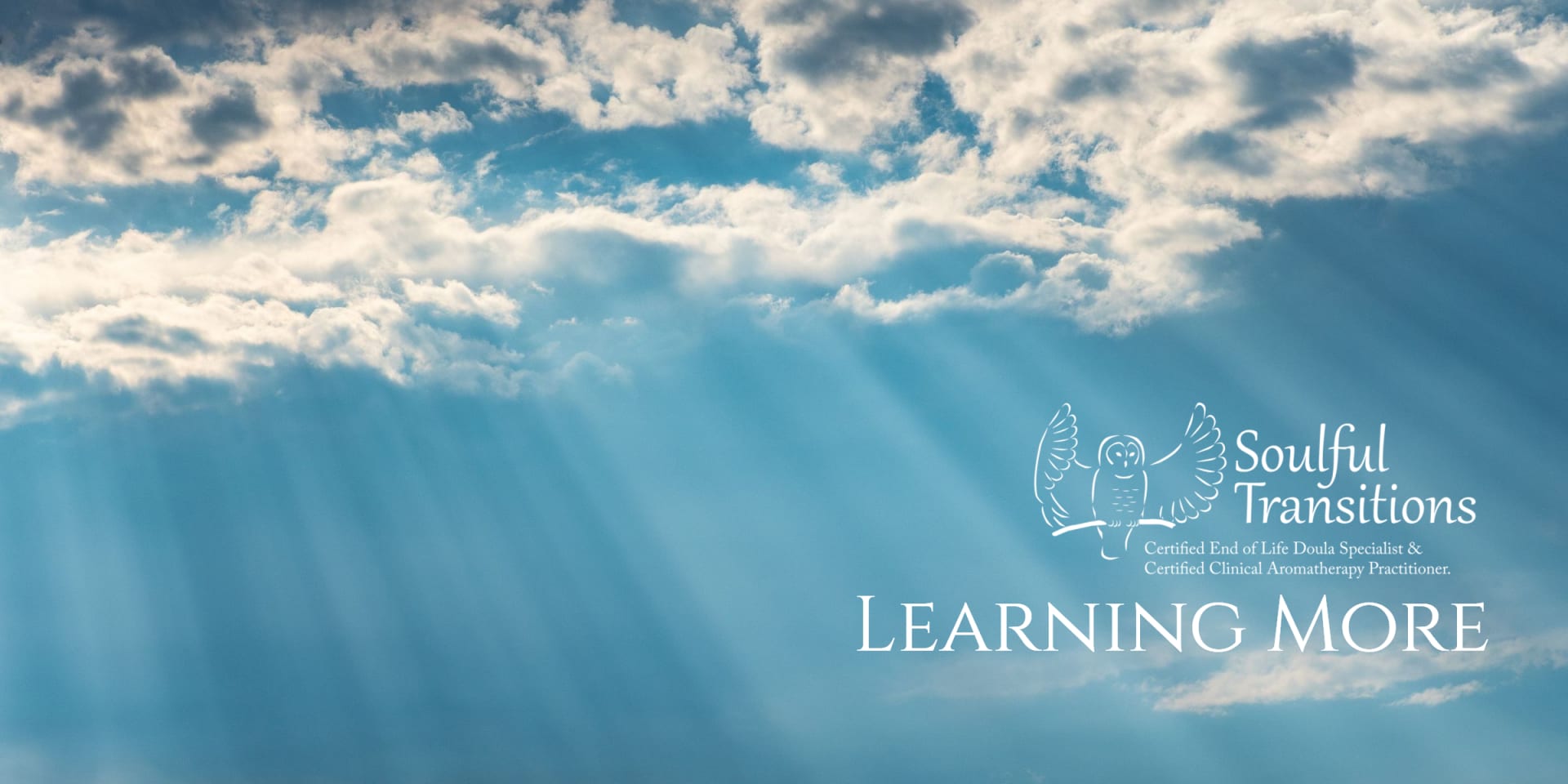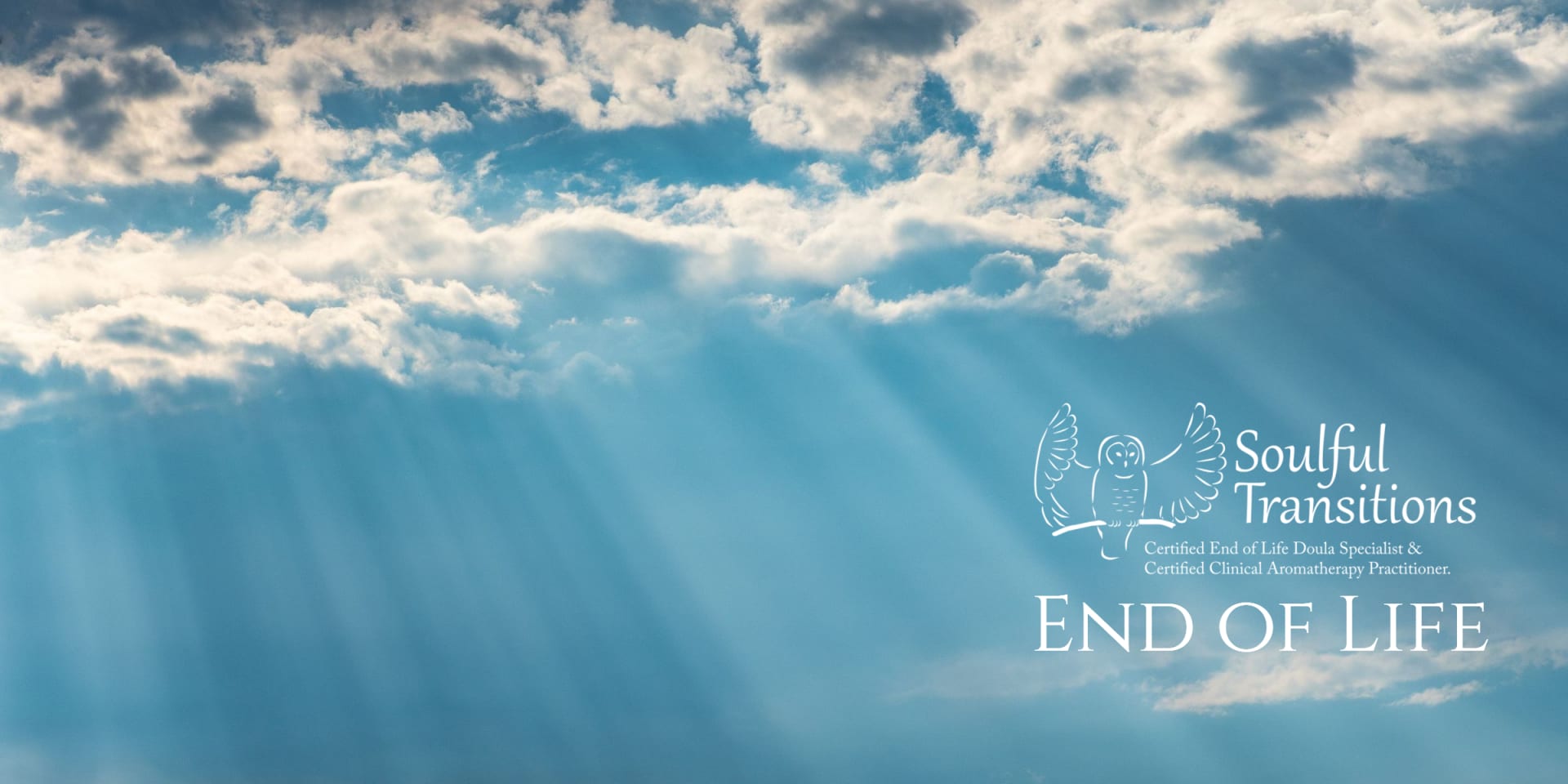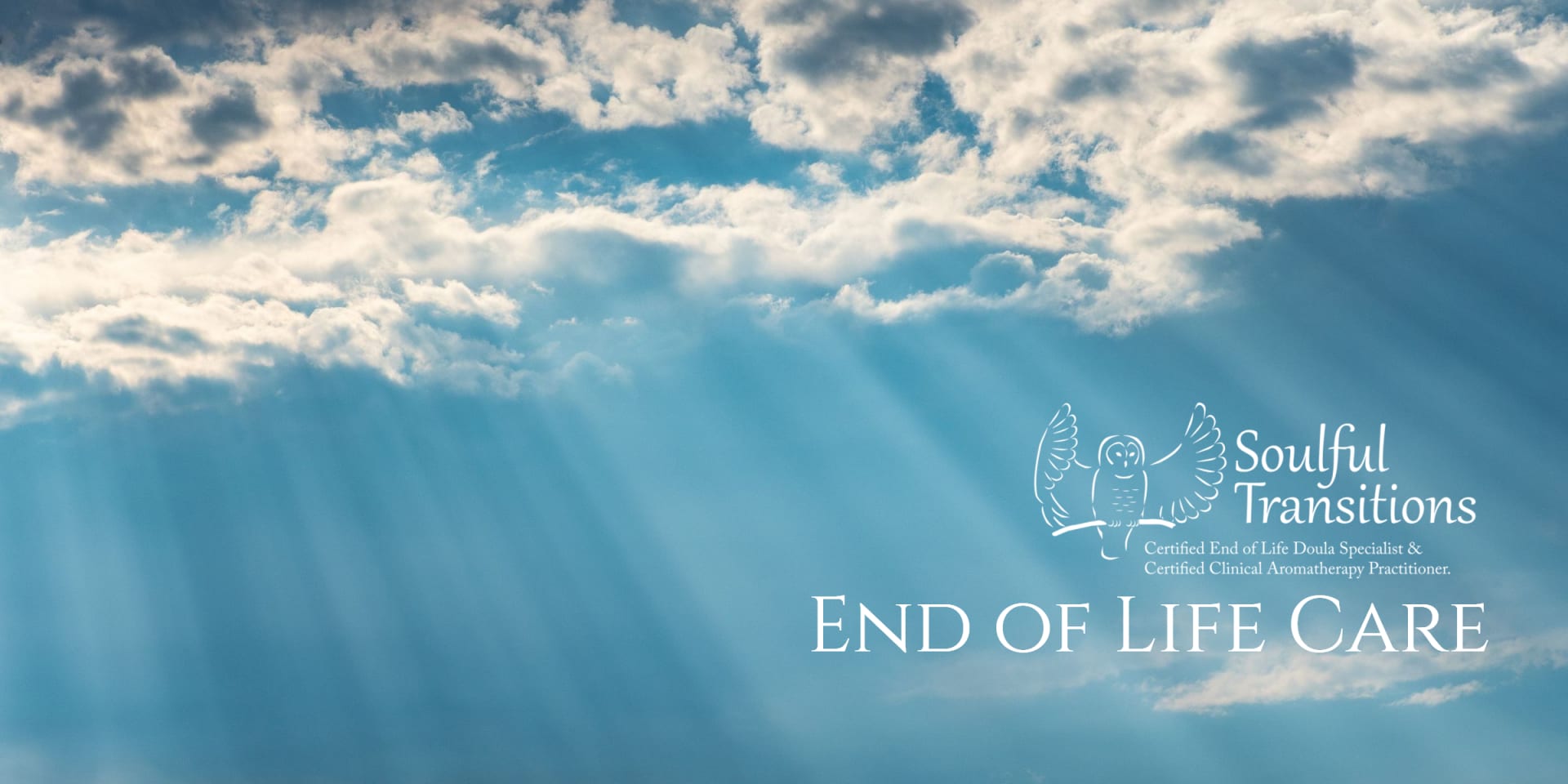End-of-life doulas offer a more holistic and flexible approach to end of life care. As Merilynne Rush, the co-founder of the Lifespan Doula Association, explains, doulas “figure out with the family where they are at, what they need, what’s causing them to be overwhelmed, and what kind of services they are looking for.” Doulas spend a significant amount of time with families to figure out how to best support them. They provide calm, and guide families through hard conversations. Unlike some healthcare professionals who may be uncomfortable during these types of conversations, these conversations are exactly what doulas have trained for. They work through the hard emotional and psychological issues surrounding one’s own death or the death of a loved one.
Many doulas come from a medical background, although it is not a requirement. In fact, end-of-life doulas have no federal credentialing body. However, there are a variety of programs that offer certification. Programs like INELDA, the Lifespan Doula Association, and the University of Vermont provide training so that their End-of-Life doulas may offer the best support they can.




